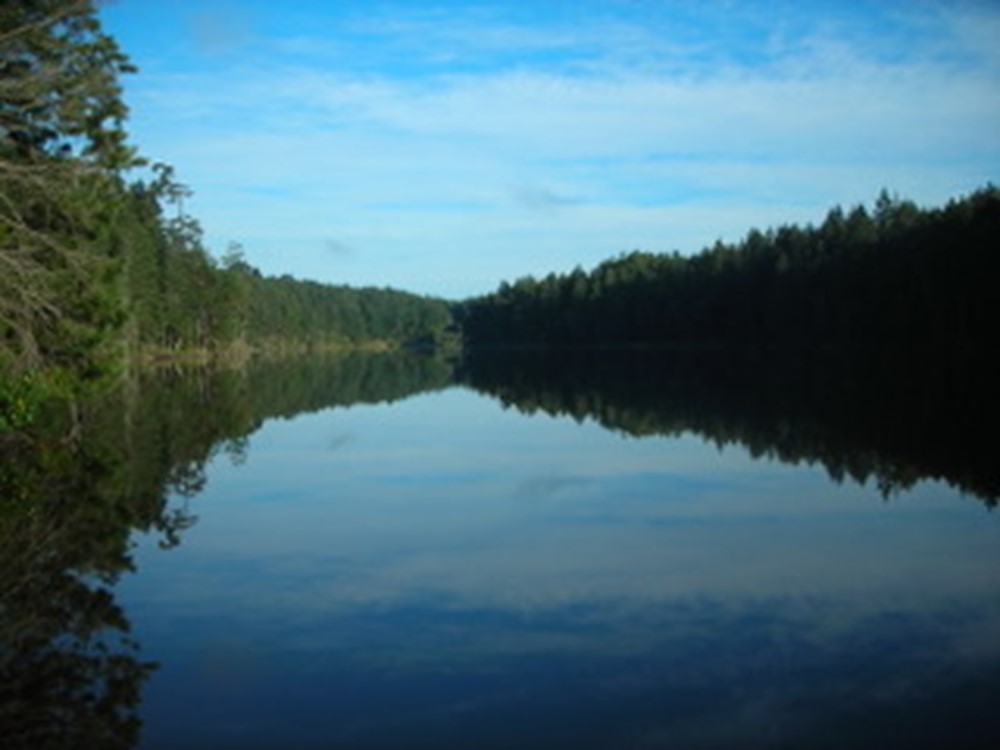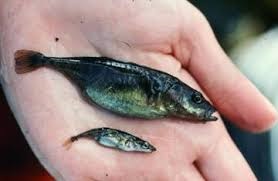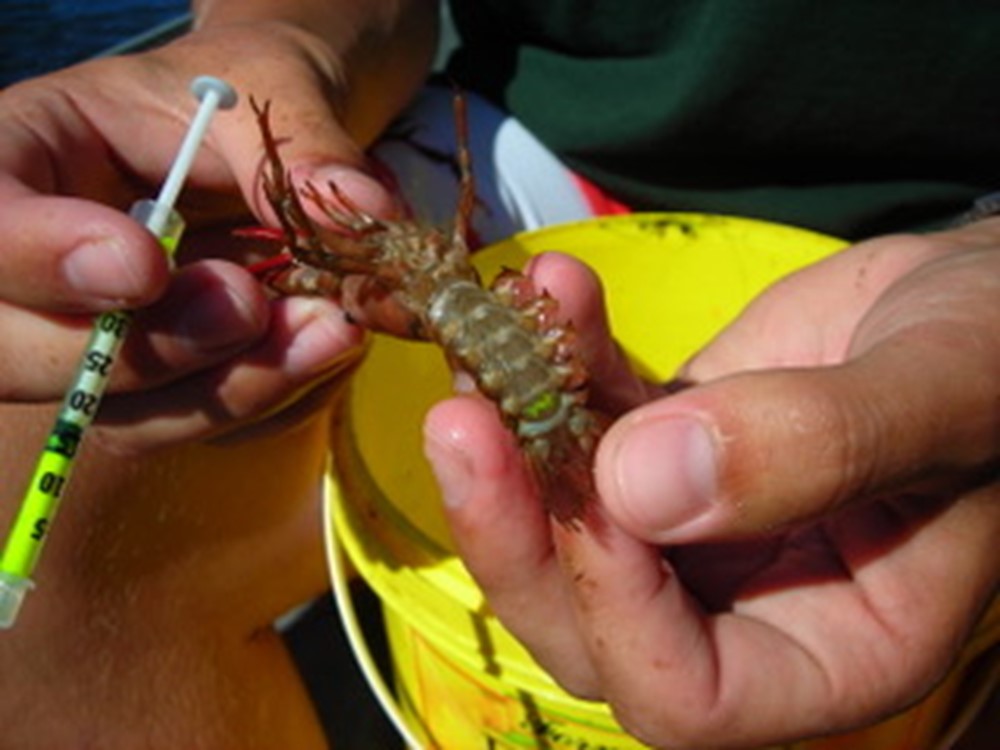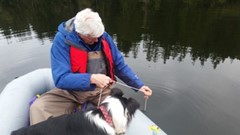ENOS LAKE

Enos Lake is a one-kilometre long, 18-hectare lake in the middle of the Nanoose peninsula. It is named after John Enos from the Azores, the first settler of Nanoose Bay who moved to the area in 1862. The lake sits in a 235 ha watershed owned by Fairwinds, a resort and development complex. The watershed is largely undeveloped; however, the company has approval for a Lakes District Neighbourhood Plan to develop the area under a phased development agreement with the Regional District of Nanaimo.
 Enos Lake is home to a wide range of aquatic and terrestrial flora and fauna, including a unique and endangered stickleback pair species. The stickleback pairs are a single species that through rapid evolution split into two separate species, drawing the attention of scientists from around the world. Their evolution is believed to be the result of rising ocean levels and inundation into the lake during two separate ice age events, each one allowing stickleback to take up residence in the lake and through different arrival times evolve separately.
Enos Lake is home to a wide range of aquatic and terrestrial flora and fauna, including a unique and endangered stickleback pair species. The stickleback pairs are a single species that through rapid evolution split into two separate species, drawing the attention of scientists from around the world. Their evolution is believed to be the result of rising ocean levels and inundation into the lake during two separate ice age events, each one allowing stickleback to take up residence in the lake and through different arrival times evolve separately.
Scientific studies of Enos Lake stickleback go back as far as the 1960s when Dr D. McPhail from the University of British Columbia carried out many field trips. More recently, numerous investigators, including geneticists and Washington State cancer researchers, have sampled the populations.
 During 2006 and 2007, the Friends of Enos Lake teamed up with Vancouver Island University to study stickleback and Signal Crayfish and interactions between the two species. Of the number of non-native and invasive species in the watershed, the most pernicious are the crayfish The Friends of Enos Lake studies estimated more than 100,000 crayfish reside in the lake. Observations indicate they were introduced in the mid-1990s, and appear to have altered the ecology of the lake to the extent that the stickleback pairs have hybridized into a single species, thus losing their uniqueness. A family of river otters that frequent the lake has been observed eating the crayfish and are likely their primary predator. American Bullfrogs, another more recent invasive species known for its voracious feeding habits, may also feed on crayfish. A more peculiar invasive species revealed during the studies was a species of freshwater jellyfish endemic to Asia.
During 2006 and 2007, the Friends of Enos Lake teamed up with Vancouver Island University to study stickleback and Signal Crayfish and interactions between the two species. Of the number of non-native and invasive species in the watershed, the most pernicious are the crayfish The Friends of Enos Lake studies estimated more than 100,000 crayfish reside in the lake. Observations indicate they were introduced in the mid-1990s, and appear to have altered the ecology of the lake to the extent that the stickleback pairs have hybridized into a single species, thus losing their uniqueness. A family of river otters that frequent the lake has been observed eating the crayfish and are likely their primary predator. American Bullfrogs, another more recent invasive species known for its voracious feeding habits, may also feed on crayfish. A more peculiar invasive species revealed during the studies was a species of freshwater jellyfish endemic to Asia.
 In recent years, the Friends of Enos Lake have been working in partnership with Fairwinds and the BC Conservation Foundation to monitor water quality of the lake (links to annual monitoring reports are below). Bella the Border Collie can be seen supervising collection of data by Ross Peterson in the right-hand photo. The sampling and scheduling are a requirement of the phased development agreement and an extension of the Integrated Stormwater Management Plan.
In recent years, the Friends of Enos Lake have been working in partnership with Fairwinds and the BC Conservation Foundation to monitor water quality of the lake (links to annual monitoring reports are below). Bella the Border Collie can be seen supervising collection of data by Ross Peterson in the right-hand photo. The sampling and scheduling are a requirement of the phased development agreement and an extension of the Integrated Stormwater Management Plan.
As far as records show, there has never been any trout or salmon in the lake, most likely due to lack of suitable spawning habitat. Enos Creek runs virtually dry in the summer and early fall, preventing early fall upstream migration into the lower reaches. In any case, waterfalls and the lake outlet structure would be barriers to migration into the lake.
Enos Lake and its surroundings provide highly valuable recreation experiences. A trail network in the area facilitates high-quality walking and nature viewing around the lakeshores. Some people take advantage of swimming opportunities in the summer. An observant and cautious hiker might see eagles bathing in Enos Lake. They take advantage of old fallen trees along the lakeshore that allow them to wade gradually into the lake and splash water around. Some believe this is to wash away salt crystals from their wings and body accumulated from hunting activities on the nearby ocean.
Limnology Reports
Enos Lake Water Annual Quality Monitoring Program Report - 2023
Enos Lake Water Quality Report - 2022
Enos Lake Water Quality Monitoring Program 2021 Annual Report
Enos Lake Annual Water Quality Technical Report - 2020
Enos Lake Annual Water Quality Technical Report - 2019
Enos Lake Annual Water Quality Technical Report - 2018
Enos Lake Protection and Monitoring Program: Review of 2017 Water Quality Data